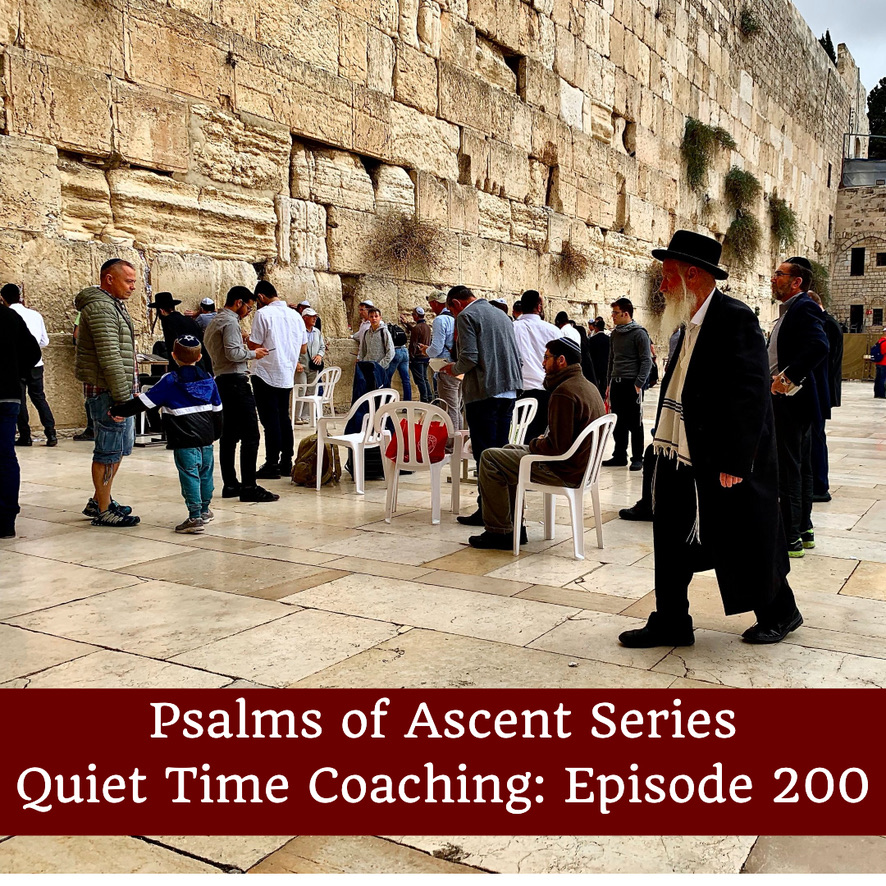
I was asked a very good question this week.
“How can I avoid depending on my skills as a speaker, instead of on God?”
Any speaker worth their salt will be adding to their skills as training and experience take affect. Skills are not the problem as such, but the temptation to depend on them is real. What to do?
We began the discussion by considering how we might notice this tendency. Then we considered our best defence.
Here are the fruits of that conversation.
- Personal devotional times with God. These suffer when we’re in “I’m relying on my gifts” mode. How are your times of quiet with God? Are you learning, listening and growing?
- Telling or taking along? When we’re self-focussed the tendency is to start telling others what they should be doing rather than urging/inspiring them to help one another (including yourself as a speaker) to follow Christ. Are you telling, or taking your hearers along together with you as a family learning and growing together.
- Frustration or compassion? We’re likely to get frustrated with our listeners when we’re operating out of our own strength rather than speaking from within God’s heart for people. Are you ticked off with your hearers, or are you filled with compassion for their weaknesses and hurts (as you know God is for you)?
- Welcoming feedback. We are not our own most objective judge. Other people provide valuable perspective on how we are coming across and what they see of the state of our heart. Do you have people in your life who can tell you when you’re straying down the self-reliance track – and to whom you will listen?
What is our best defence against self-reliance as a speaker? My suggestion is to meditate on the meaning of these words:
“The preacher does not prepare the sermon. The sermon prepares the preacher.”
In other words, we are not ready to speak until the message is within us. Not until it has been lived by the teacher, is the teacher ready to tell others the truth he or she has been given.
For this reason, it’s vital to pick the topic/text well in advance. Let your subject be the focus of your thinking, prayer and study as you work through how to live its message. Then the message you bring will be the message you have lived. When the topic is truly in your heart (because it is in your life) it will be delivered faithfully, whether skilfully or not.
None of this is to decry the significance of speaking skills. if we cannot speak clearly, with well-organised thought, we will confuse and frustrate our hearers. Instead, let’s marry skill and faith into a powerful package that God can use to deliver his truth to receptive hearts.
This week’s questions:
“What do you do to avoid the challenge of self-dependance as a speaker?” “How do you know you’re off-track?”
Please add your comments on this week’s topic. We learn best when we learn in community.
Do you have a question about teaching the Bible? Is it theological, technical, practical? Send me your questions or suggestions. Here’s the email: malcolm@malcolmcox.org.
If you’d like a copy of my free eBook on spiritual disciplines, “How God grows His people”, sign up at my website: http://www.malcolmcox.org.
Please pass the link on, subscribe, leave a review.
“Worship the LORD with gladness; come before him with joyful songs.” (Psalms 100:2 NIV11)
God bless, Malcolm
PS: You might also be interested in my book: “An elephant’s swimming pool”, a devotional look at the Gospel of John

